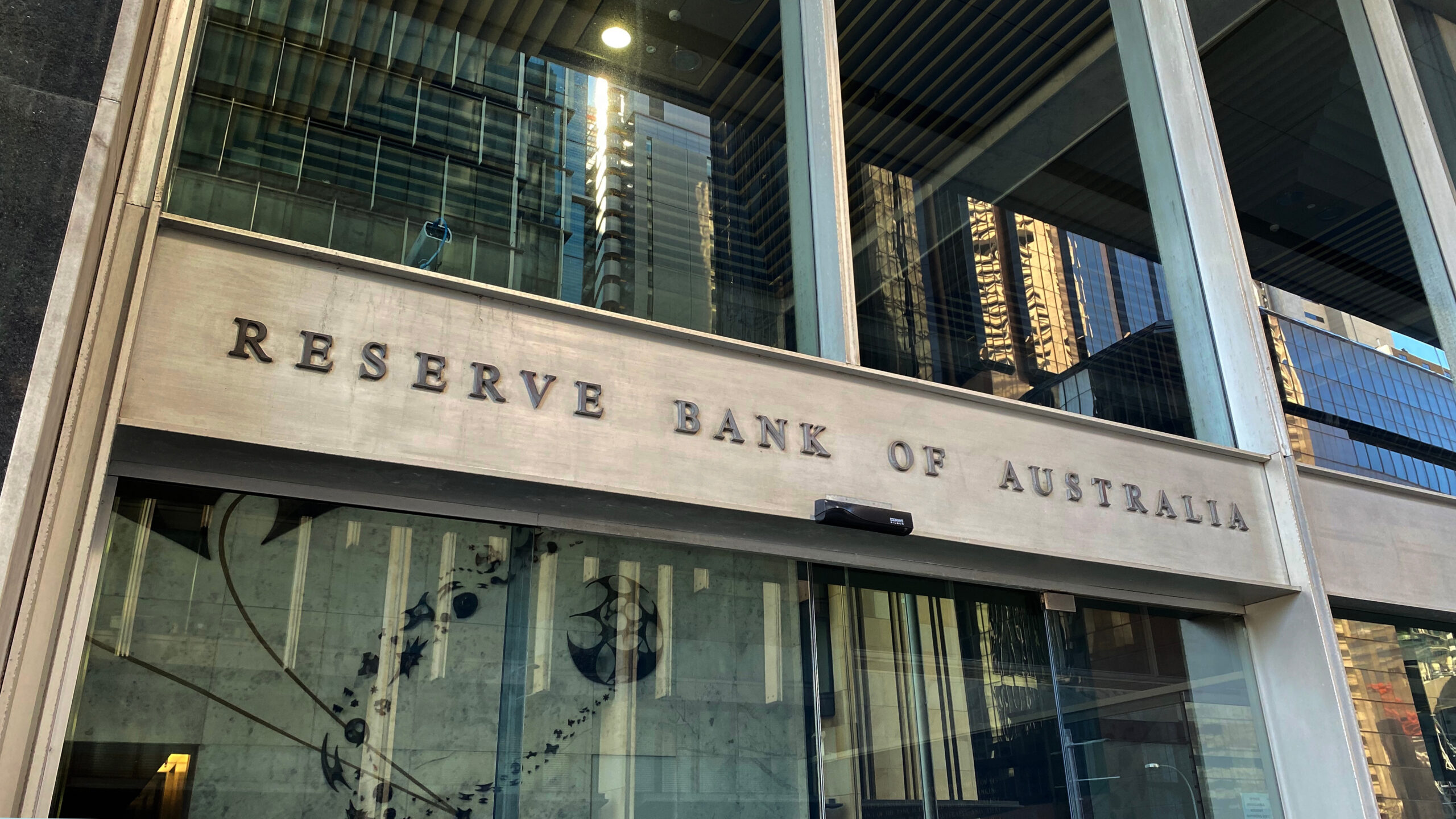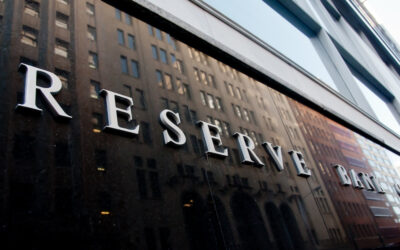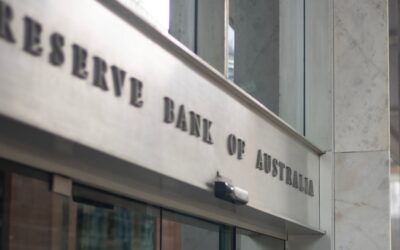In this article:

The Reserve Bank of Australia (RBA) has decided leave the cash rate on hold, marking yet another pause in a year full of economic uncertainty. This decision comes amidst a backdrop of a fragile economy and increasing pressure on Australian households, leaving many wondering: What does this mean for the future?
The official cash rate remains at 4.35%, where it has been since the RBA last increased rates in November 2023.
Why the RBA Paused
The RBA’s decision to hold rates is a clear signal that they are in a wait-and-see mode. The economy is fragile, and the RBA appears unwilling to risk further instability by raising rates prematurely. However, this doesn’t mean the door is closed on future rate hikes. The RBA is closely watching upcoming economic data, particularly inflation and employment numbers, which will play a crucial role in their next move.
We’ve seen consistent language from the Board in their press releases for some months now, with today’s announcement maintaining that the focus is on “returning inflation to target.”
“Inflation has fallen substantially since its peak in 2022, as higher interest rates have been working to bring aggregate demand and supply closer towards balance. But inflation is still some way above the midpoint of the 2–3 per cent target range,” said the Board’s statement.
“In underlying terms, as represented by the trimmed mean, the CPI rose by 3.9 per cent over the year to the June quarter…But the latest numbers also demonstrate that inflation is proving persistent.”
The Economic Landscape: A Balancing Act
The RBA’s decision to keep rates steady reflects the complex economic environment we’re navigating.
With inflation still lingering higher than many expected, the RBA is playing a careful game. Their mandate is not just to control inflation but to also maintain full employment and ensure the economic prosperity of Australia.
| Effective Date | Change% points | Cash rate target % |
|---|---|---|
| 19 June 2024 | 0.00 | 4.35 |
| 8 May 2024 | 0.00 | 4.35 |
| 20 Mar 2024 | 0.00 | 4.35 |
| 7 Feb 2024 | 0.00 | 4.35 |
| 6 Dec 2023 | 0.00 | 4.35 |
| 8 Nov 2023 | +0.25 | 4.35 |
| 4 Oct 2023 | 0.00 | 4.10 |
| 6 Sep 2023 | 0.00 | 4.10 |
| 2 Aug 2023 | 0.00 | 4.10 |
| 5 Jul 2023 | 0.00 | 4.10 |
| 7 Jun 2023 | +0.25 | 4.10 |
| 3 May 2023 | +0.25 | 3.85 |
| 5 Apr 2023 | 0.00 | 3.60 |
| 8 Mar 2023 | +0.25 | 3.60 |
| 8 Feb 2023 | +0.25 | 3.35 |
| 7 Dec 2022 | +0.25 | 3.10 |
| 2 Nov 2022 | +0.25 | 2.85 |
| 5 Oct 2022 | +0.25 | 2.60 |
| 7 Sep 2022 | +0.50 | 2.35 |
| 3 Aug 2022 | +0.50 | 1.85 |
| 6 Jul 2022 | +0.50 | 1.35 |
| 8 Jun 2022 | +0.50 | 0.85 |
| 4 May 2022 | +0.25 | 0.35 |
| 2 Feb 2022 | 0.00 | 0.10 |
This difficult balancing act was a point of concern in the economic update on Property Insights with Mark Bouris and Stephen Koukoulas, who highlighted that the current economic indicators show a mixed bag.
GDP growth is weak, clocking in at just 1.1% annually, which is far below the RBA’s ideal of around 3%. Employment, while still relatively strong at 4% unemployment, is beginning to show signs of stress, with job vacancies down 26% over the past year.
What This Means for Your Mortgage
For those with a mortgage, today’s decision means that your monthly repayments will stay the same—at least for now.
Since May 2022, many Australians have seen their home loan repayments increase significantly. For example, if you have a $400,000 mortgage, your repayments have likely gone up by about $919 a month since rates started rising in May 2022.
For a $650,000 mortgage, that increase is around $1,494 a month, and for a $1 million mortgage, it’s about $2,299 extra per month.
As Mark Bouris points out, “When the RBA moves interest rates, within a week or two or three, it’s passed on to 90% of borrowers who have a variable mortgage… That 25 basis point increase means $50 or $100 more every month, and that adds up quickly.”
How Does This Affect Your Everyday Life?
Beyond your mortgage, the RBA’s decision affects other parts of your financial life. Rising interest rates can make everything from credit card debt to car loans more expensive. It also affects how much money you have left over each month for things like groceries, petrol, and even the occasional family outing.
Stephen Koukoulas highlights this pressure, noting that consumer sentiment has been “shockingly weak for a considerable amount of time. “When we consumers are pessimistic, we keep our wallets closed, we change our spending.” This means that many Australians are already cutting back on non-essential purchases because they’re worried about what’s next.
What to Expect Moving Forward
As with all rate predictions, the difference a few week’s can make is quite substantial, as the RBA will continue to closely monitor the relevant data it receives as and when it is available.
As Koukoulas mentioned, “They will watch how the economy evolves and when we get that information, we will then make a decision on whether to put them up or down.”
The RBA’s focus will likely shift to unemployment figures in the coming months. If we see unemployment rise significantly, the RBA may be forced to reconsider its stance, possibly even cutting rates to stimulate the economy. However, if inflation proves more persistent than expected, the RBA could be pushed into a corner, with no choice but to raise rates again.
Practical Guidance for Homeowners
For mortgage holders, this pause offers a brief respite, but it’s crucial to remain vigilant. The RBA’s decisions are highly data-dependent, meaning that changes could come swiftly if the economic situation deteriorates.
- Stay Informed: Keep an eye on economic updates, particularly around inflation and employment. These indicators will be the first signs of what the RBA might do next.
- Review Your Mortgage: With rates on hold, now is an excellent time to review your mortgage. Speak with your broker about securing a better deal or consider fixing a portion of your loan to protect against future rate hikes.
- Budget for the Unexpected: While rates are steady for now, it’s essential to budget for potential increases in the future. Rising inflation could still prompt the RBA to act if the data shifts unexpectedly.
While the RBA’s decision to hold rates offers a temporary reprieve for mortgage holders, the economic landscape remains uncertain. The best thing you can do is stay prepared and informed. As Mark Bouris says, “Our job is to say, what are the three biggies that the RBA is looking for… GDP, inflation, and labor markets. These are the indicators that will shape their next move.”
For more insights and practical advice, tune into our next episode of Property Insights with Mark Bouris and Stephen Koukoulas, coming soon, where we’ll continue to break down what’s happening in the economy and what it means for you.



